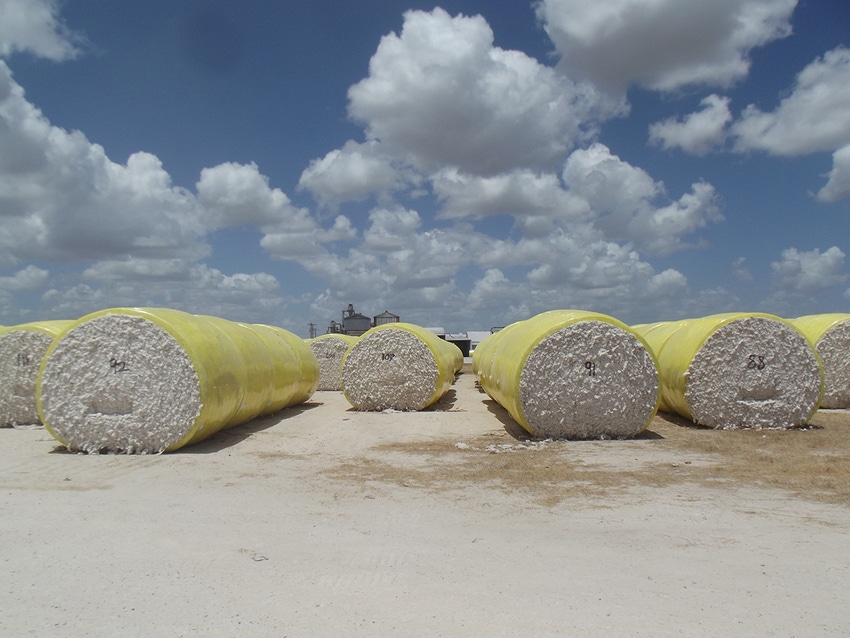
USDA announced a commitment of $50 million to assist eligible apparel manufacturers of worsted wool suits, sport coats, pants or Pima cotton dress shirts; Pima cotton spinners; and wool fabric manufacturers and wool spinners. The new Cotton and Wool Apparel program is part of USDA’s Pandemic Assistance for Producers initiative and the Department’s efforts to help our food, agriculture and forestry sectors get back on track and plan for the future.
“The transition toward remote work at the onset of the COVID-19 pandemic led to a dramatic decrease in consumer demand for dress clothing, which has continued to affect the entire supply chain of Pima cotton and wool,” says Farm Service Agency Administrator Zach Ducheneaux. “While many manufacturers of these products shifted to the production of personal protective equipment, the industry has nevertheless struggled to recover from a persistent and significant decline in sales. The relief announced today will help keep these manufacturers in business, which will ultimately support American workers and the domestic Pima cotton growers and wool producers who rely on this industry.”
CAWA will support eligible entities who experienced a decrease of at least 15% in 2020 gross sales or consumption of eligible products compared to the applicant’s gross sales in any of calendar years 2017, 2018, or 2019. Payments to eligible entities will be based on their pre-pandemic market share. Additionally, eligible entities must have filed an affidavit for a payment in any year from 2017 to 2021 for the Pima Agriculture Cotton Trust Fund or Agriculture Wool Apparel Manufacturers Trust Fund through USDA’s Foreign Agriculture Service.
USDA determined that approximately $35 million will be available for eligible apparel manufacturers; approximately $5 million will be available for eligible Pima cotton spinners; and approximately $10 million will be available for eligible wool fabric manufacturers and yarn wool spinners. USDA also determined that a minimum payment of $50,000 would be used to both ensure that each recipient received sufficient assistance to provide a meaningful amount to restore or help expand the domestic market and as a way to target small businesses for a proportionately larger benefit than if market share was used alone.
USDA’s FSA national office is administering the direct payments which will be funded by the Commodity Credit Corporation.
Since the onset of the COVID-19 pandemic in March 2020, millions of Americans transitioned from working in offices to working from home. Two years later, the pandemic has persisted, and many employees have continued to work remotely. This transition toward remote work has led to a dramatic decrease in consumer demand for worsted wool suits, sport coats, dress pants, and Pima cotton dress shirts, according to the Federal Register notice.
Manufacturers of these products, mainly small and medium-sized businesses, had to temporarily shut down or reduce their hours of production through the early months of the pandemic due to a dramatic decline in demand. Although many of these manufacturers shifted to the production of PPE, the industry has struggled to recover from a persistent and significant reduction in sales and many of these businesses are now struggling to avoid bankruptcy.
Without additional support, some of these companies will cease operations or be unable to restore full production, negatively impacting American workers, the supply chain, and ultimately the market for domestic cotton growers and wool producers that rely on the American apparel manufacturing industry to support the market for their raw products.
About the Author(s)
You May Also Like






